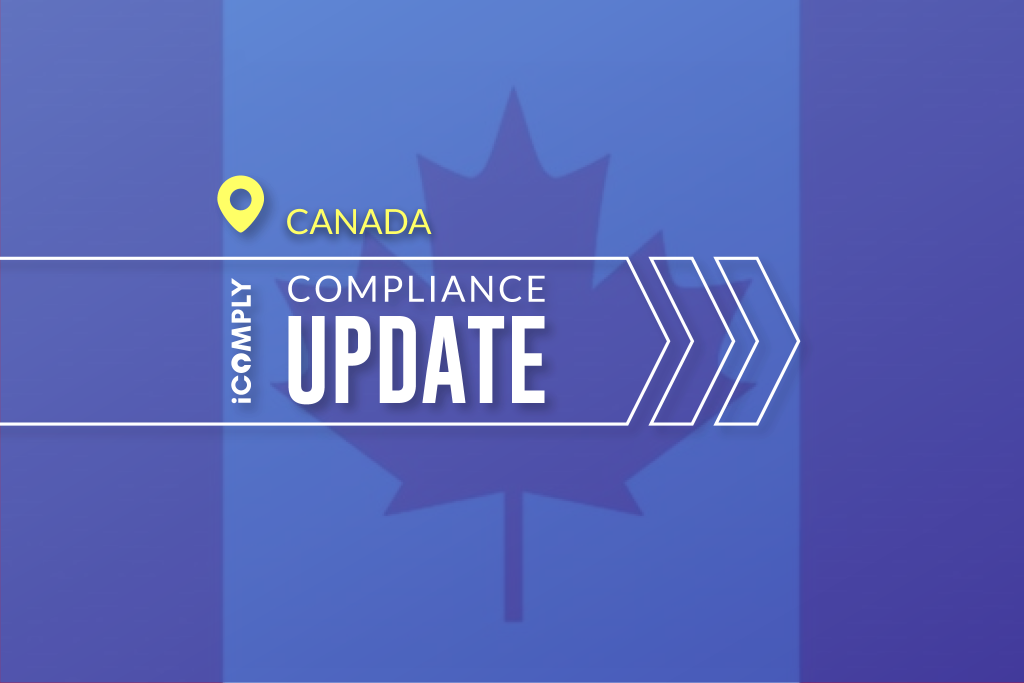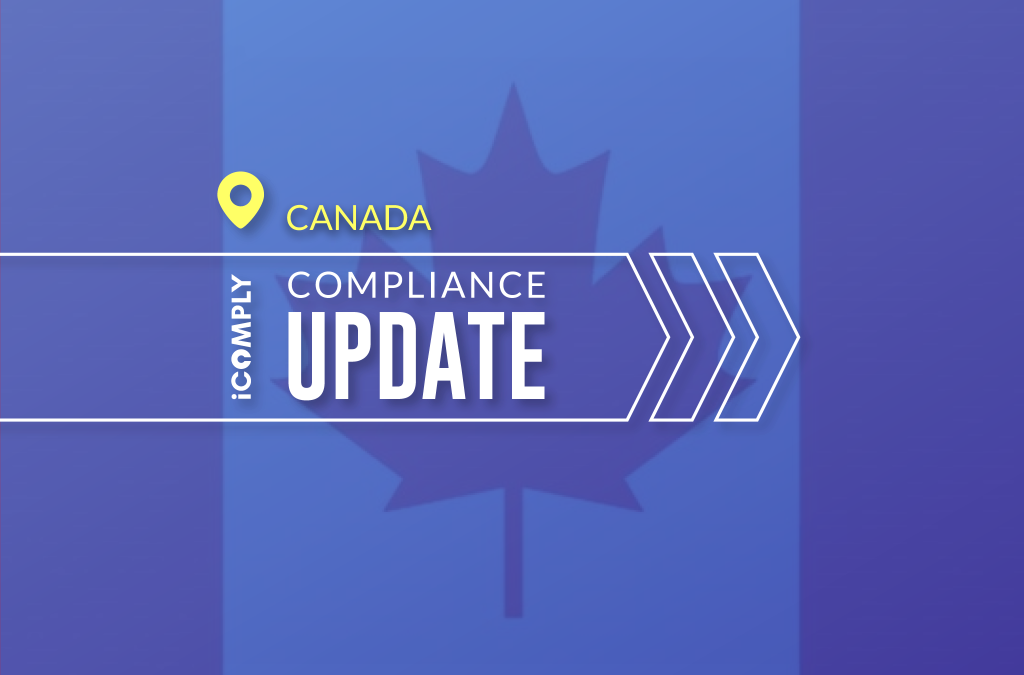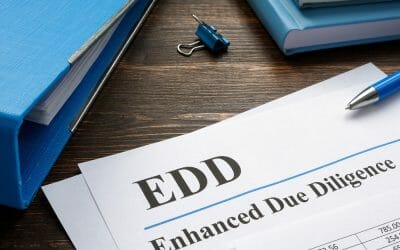Securities Commissions Targets OTC and Virtual Asset Trading Platform BitPrime

What Happened?
February 20, 2020: The BCSC identified that due to an inadequate KYC & AML program, Bitprime Ltd was onboarding clients they were not allowed to serve. BitPrime operates a platform that offers the retail trading of cryptocurrency assets.
Source: https://www.bcsc.bc.ca/Enforcement/Investment_Caution_List/Bitprime_Ltd__dba_Bitprimeprofx/
Who Is Impacted?
Fintech platforms, wealth managers, VASPs, and financial service providers who are serving users, clients, or investors in more than one jurisdiction.
Why This Matters?
Many online financial services businesses who have acquired licensing in a single jurisdiction believe that their license means they can serve the world.
This regulatory action shows that the BCSC, along with other IOSC (International Organization of Securities Commissions) members – which includes the U.S., the EU, Canada, Australia, and others – have a very different opinion on the matter.
The reality is, you can only serve the jurisdictions where you have both a license to operate in and a compliance program in place capable of meeting the local regulations of your user.
What’s Next?
BitPrime’s actions have placed the company on several international watchlists and adverse media lists. Companies and virtual asset traders who do business with BitPrime may now be subject to increased regulatory scrutiny, and they are likely to start showing up in the more sophisticated blockchain forensics tools.
To avoid this situation, BitPrime could have used a digital onboarding tool that had the capability to identify the prospective user’s jurisdiction, preventing those user accounts from being created.
While this is a relatively simple gap to close, most fintech platforms do not understand how vital it is to screen for this type of risk.
In order to avoid these regulatory actions, fintech platforms should test their compliance systems to ensure their onboarding tools can reject a user based on jurisdiction. Furthermore, these tools should be smart enough to identify and reject these users without incurring the full cost of KYC.
Executives should ensure their compliance teams are saving time and money by not wasting resources through onboarding and screening clients that the business is not able to serve.
learn more
Is your AML compliance too expensive, time-consuming, or ineffective?
iComply enables financial services providers to reduce costs, risk, and complexity and improve staff capacity, effectiveness, and customer experience.
Request a demo today.
How KYC Protocols Build Customer Trust
If you’ve followed along on any of our previous KYC blogs or are a subscriber of our Regwatch newsletter, you know just how important it is to stay on top of evolving KYC, AML, CFT, and CDD legislation. With criminal activity and fraud becoming increasingly complex,...
Taking a Closer Look at Enhanced Due Diligence
Enhanced Due Diligence (EDD) is one of the best ways to protect your business, as well as your customers, against the risks associated with fraudulent activities, money laundering, terrorist funding, and more. As a higher level of verification and identity...
How Does Edge Computing Assist with KYC?
As one of the most formidable technical features available on the market, edge computing gives KYC and AML solutions such as iComplyKYC a huge advantage when it comes to ensuring the privacy and security of customer data during identity verification and compliance...




